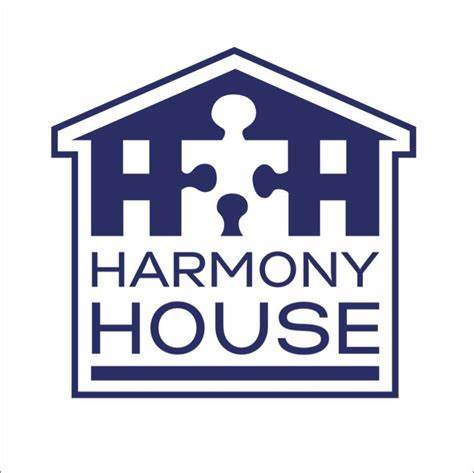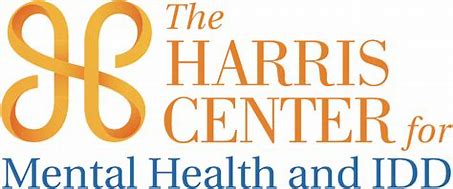About Justice
Forward
Breaking the cycle of incarceration and funding essential programs, one person at a time
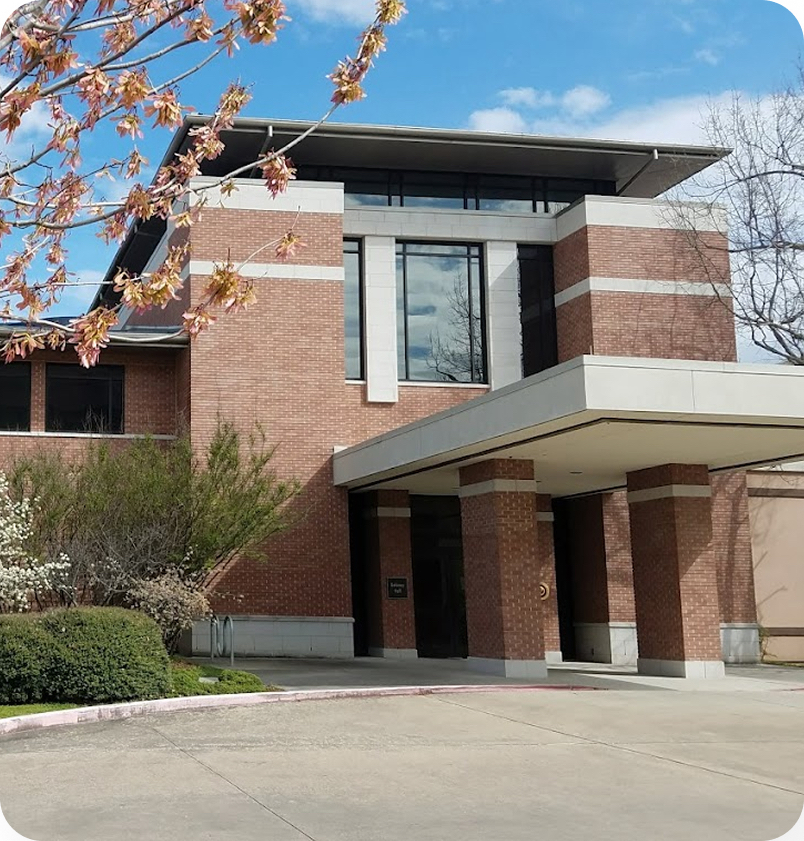
Our History
How We Started
Justice Forward was established in 2003 as a Social Justice Task Force at the Emerson Unitarian Universalist Church and became an independent nonprofit in 2006. Initially, we focused on providing critical reentry services to clients of Harris County’s STAR Drug Courts. Over the years, we have expanded significantly and now serve as a statewide model, collaborating with 23 Treatment Courts across Harris, Galveston, and Fort Bend counties. In 2020, the Harris County Drug Court Foundation rebranded as Justice Forward as we broadened our mission to support all 18 Treatment Courts in Harris County. In 2022, our efforts grew further to include two Treatment Courts in Galveston County and three in Fort Bend County.
Rebuilding Lives and Reclaiming Futures
Justice Forward helps individuals, including veterans, those with substance use and mental health challenges, and youth impacted by trafficking and gang involvement, rebuild their lives through transitional housing, counseling, education, job assistance, and more. By reducing recidivism, reuniting families, and saving taxpayer dollars, Justice Forward is leading a collaborative, community-powered movement for long-term recovery and true second chances.

Providing critical guidance, support,
and inspiration
Justice Forward provides housing, counseling, transportation assistance, incentives and gift cards, tuition assistance, and workforce training all of which provide our clients and graduates with a clear path to recovery and success.
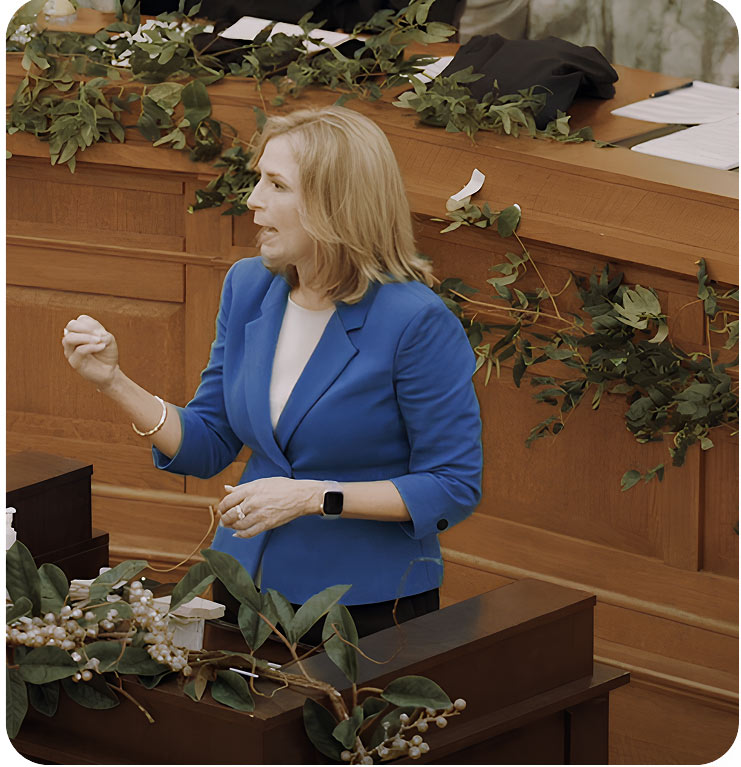
Mission
Justice Forward promotes recovery rather than incarceration by helping our neighbors in treatment courts achieve health and independence.
Real Stories, Real Impact
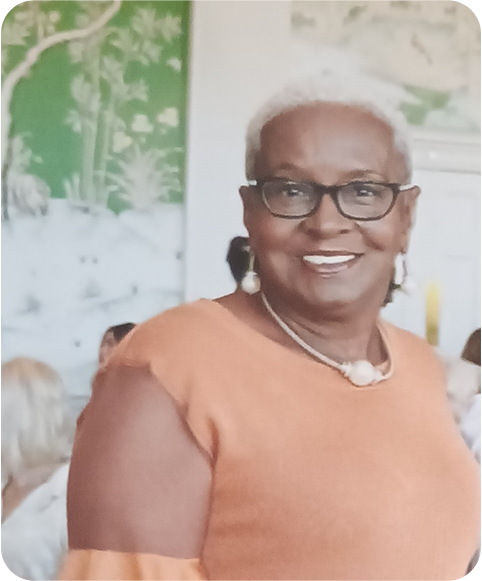
Justice Forward has been an important part of my recovery journey. While I was in the drug court program, they provided financial support for me to attend grief counseling after the tragic murder of my 13-year-old daughter. After graduating, they also funded my Peer Recovery Specialist training, which led to my current employment as a Recovery Coach. Because of their support and financial assistance, I have found peace and helped others on their own paths to recovery.
- Connie Taylor
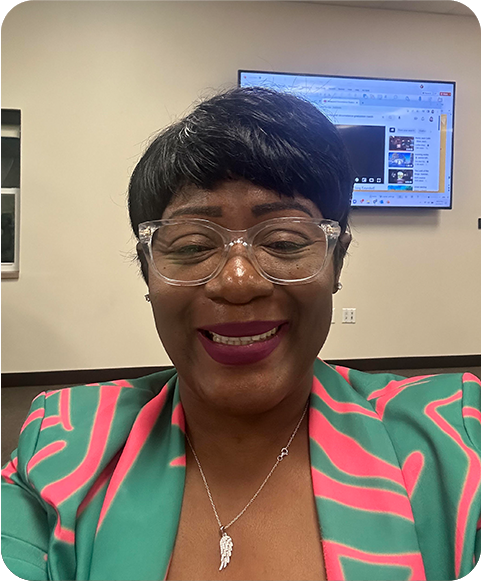
Justice Forward has helped me tremendously in my recovery journey. I’m now able to be a mother, grandmother, sister, aunt and great-aunt. I’m so grateful that I was able to get my life back on track without a recurrence of use. Justice Forward paid for my training as a peer support specialist. I have been drug-free for sixteen years and will celebrate my 17 years on April 23rd, 2025. What a joy it has been to give back to the community that gave me a new way of life.
- Jannica Smith
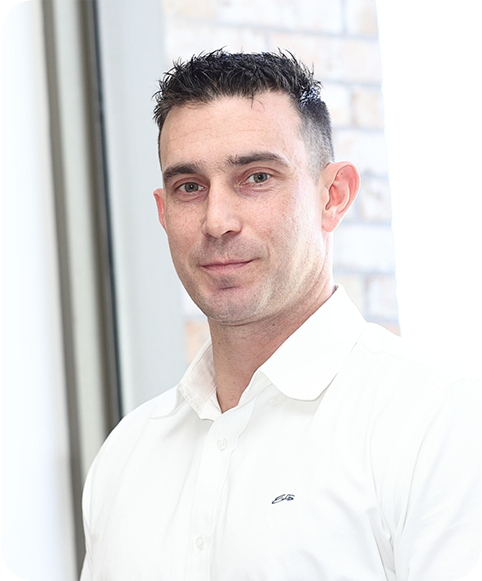
Justice Forward was my only real support system when I had none. They've paid for housing, treatment, therapy and most of all showed me that they truly care. I'm 3.5 years sober and wouldn't dream of letting them down by not paying it forward!
- James White
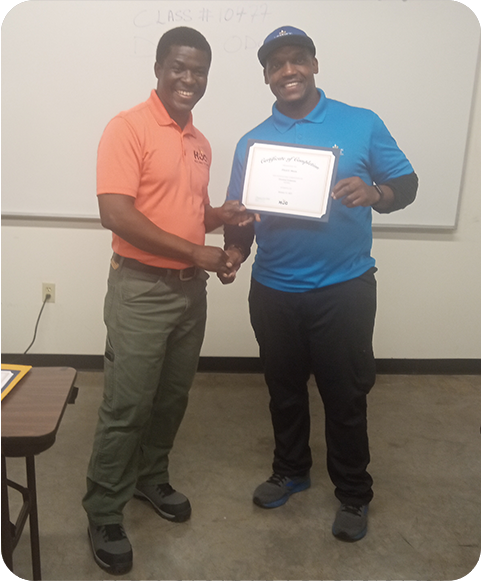
I'm so grateful to Justice Forward for their sincere assistance in helping me accomplish my dream of becoming a certified electrician. This opportunity allowed me to see something I never even knew about myself--that I can achieve anything if I wholeheartedly want it.
- Floyd Shorts
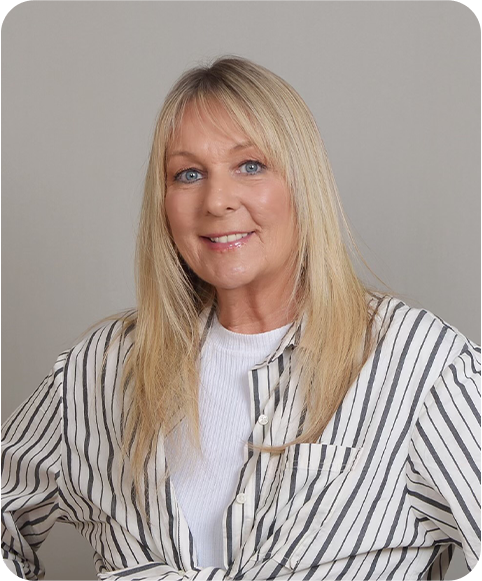
"Justice Forward has been instrumental in my journey, helping me achieve both my bachelor’s and master’s degrees. Their generous grants and encouragement have allowed me to grow personally and professionally. I’ve had the chance to share my story, speak at their events, and become a dedicated therapist in addiction medicine. Thanks to their support, I can now give back to the community and assist others on their healing journeys. I am truly grateful for their impact on my life."
- Monica Golla
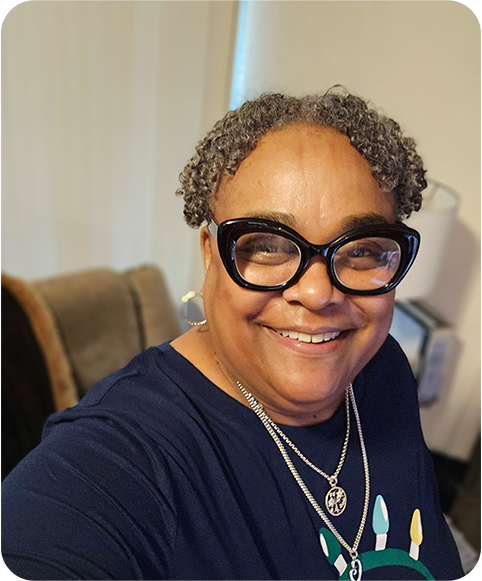
When my husband got sick and couldn't work for 6 months, we struggled to make the mortgage payment on our home. Since I'm a STAR Drug Court graduate, Justice Forward helped me make the payment to tide us over. Today we are still in our home.
- Sydrena Tufts
Community Partners
FAQs - Answering Your Questions
What is a Treatment Court?
A Treatment Court is a problem-solving court designed to address the root causes of criminal activity and child neglect by providing a judicially supervised, individually crafted probation with mandated treatment. Treatment Courts bridge the gap between the justice system and therapeutic approaches for participants with drug dependencies, mental illness, and/or other societal challenges.
How does Justice Forward work with Houston-area Treatment Courts?
Justice Forward is an independent nonprofit and is not operated by the
counties we serve nor their court systems. We work closely with all 17 Harris
County Treatment Courts, as well as courts in Galveston and Fort Bend
counties by providing funds for a variety of support services for clients in and
graduates of the programs, filling gaps between the court-mandated activities
and successful independent living that will help to ensure sobriety and/or
success. Funds for support services for this population are not available from
other sources.
Specifically, Justice Forward provides funds for grief and trauma counseling,
transitional and emergency housing, tuition assistance, vocational training
scholarships, transportation and criminal history clean up. We work with many
local community organizations that offer these services and have established
a system for providing grants and stipends for individuals working toward
successfully returning to live in the community.
What is Justice Forward’s success rate?
Since its founding in 2006, Justice Forward, has provided services to hundreds of individuals. Recidivism rates for this total population include the following:
Total within 1 year — 85 individuals (12.3%)
Total within 2 years — 132 individuals (19.2%)
Total within 5 years — 187 individuals (27.2%)
Total recidivists — 208 individuals (30.2%)
These rates of recidivism are impressive and much lower than the national norm. A study conducted by the Bureau of Justice Statistics in 2014 found that drug offenders were the second most likely group to reoffend (after property offenders); 76.9 percent of drug offenders released in 2005 were rearrested within five years, nearly half of those within the first year of release. Justice Forward’s work with the population of non-violent drug offenders is producing much lower recidivism rates than the national rates cited by the Bureau of Justice Statistics.
How do Treatment Courts select their clients?
Participation in Treatment Courts is voluntary. Clients can be referred to the various programs by their attorneys, the presiding judge, the prosecutor, the probation officer, or Child Protective Services. Each court program performs an assessment of candidates to determine their suitability for the program and their individual needs.
How does Justice Forward process grants and make funding decisions?
How can I help?
Besides donations or event sponsorships, there are many ways to help,
including offering the use of venues for sober events, providing gift cards for
court incentives, mentoring graduates, providing internships for our juveniles,
and hosting an awareness session to share our mission with your friends and
affinity groups
Can I donate to one court in particular?
Yes. On our donation page, there is a drop-down menu that has a list of the courts we support, as well as a “general operations” option. This allows you to direct your contribution to the court program of your choice or to the continued operation of Justice Forward.







